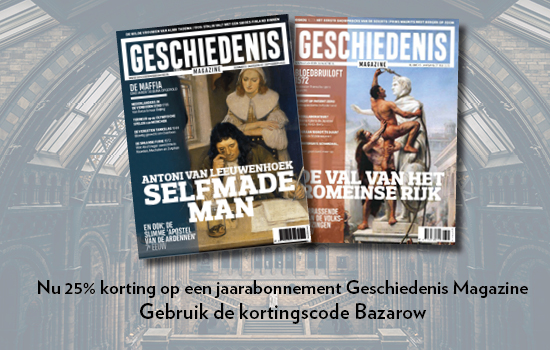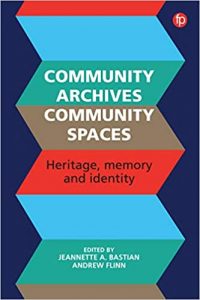Community archives
[Recensie] It took several decades for community archives to become an accepted phenomenon within the archive industry. When Community Archives: the shaping of memory was published more than twenty years ago, there was still a lot of discussion about the definition of the term community archives. Since then, much research has been done and community archives have been increasingly embraced in archive land. In the second part of Community Archives, Community Spaces, the emphasis is therefore on how community archives have been embraced more and more within the archive sector and how the definition has been broadened. In the publication, the authors reflect on the latest research into community archives and also provide an insight into a number of case studies. This makes this collection a very instructive publication for participants of community archives as well as collection managers and (historical) researchers in the more traditional institutional forms.
The term community archives has evolved in recent years to an ever-expanding definition. In addition, it has become common practice to include historical communities, religious organizations, local historical societies, social movements, and community centers under the term. The definition is best expressed by Niamh Moore in The Archive Project: archival research in the social sciences:
“Community archives are boundary objects, spaces for collaborative thinking and working, best understood ‘not as an inadequate professional archive, but rather as an archive tailored to its location’’.
This is therefore not primarily about the archive as a written record of activities, but about archive-managing groups from the private sector. With that knowledge in mind, you can say that the diversity of community archives is what both unites and differentiates them. The volume therefore rightly points out that community archives can best be seen as a bridge between the traditional groups that are overrepresented in many formal archives, and the representation of marginal groups in society that can hardly be found in most archives.

The publication starts with three theoretical essays. For example, Rebecka Taves Sheffield offers an optimistic view of the sustainability of community archives’ existence as collection managers. Michelle Caswell focuses on how to embed the value of community archives within the traditional archival tradition. In the other part of the publication, extensive attention is paid to seven examples from the broad spectrum of community archives. For example, the Croatian case study clearly shows how local community archives in an ethnically diverse area such as the former Yugoslavia serve not only as a counterpart to, but also as a supplement to, the government archives that mainly represent the dominant groups. Attention is also paid to the question of how independent community archives can be in terms of financing and how autonomous they work in terms of legislation and regulations.
All in all, this volume not only introduces the reader to the comprehensive concept of community archives, but also broadens the view when it comes to practicing the archive profession. For example, in the case studies new interpretations are discussed with regard to collection management and acquisition policy. In today’s society, where much attention is paid to inclusiveness, the established archive services will no longer be able to ignore the more informal community archives in order to achieve a good representation of society in their archives and collections. It is therefore good to seek cooperation. The dividing line between traditional archive management, which strictly follows the Archives Act, and the sometimes informal management of community archives can sometimes lead to tensions. This quest is an interesting one to explore further in the coming years.
—
Eerder verschenen op Hereditas Nexus
